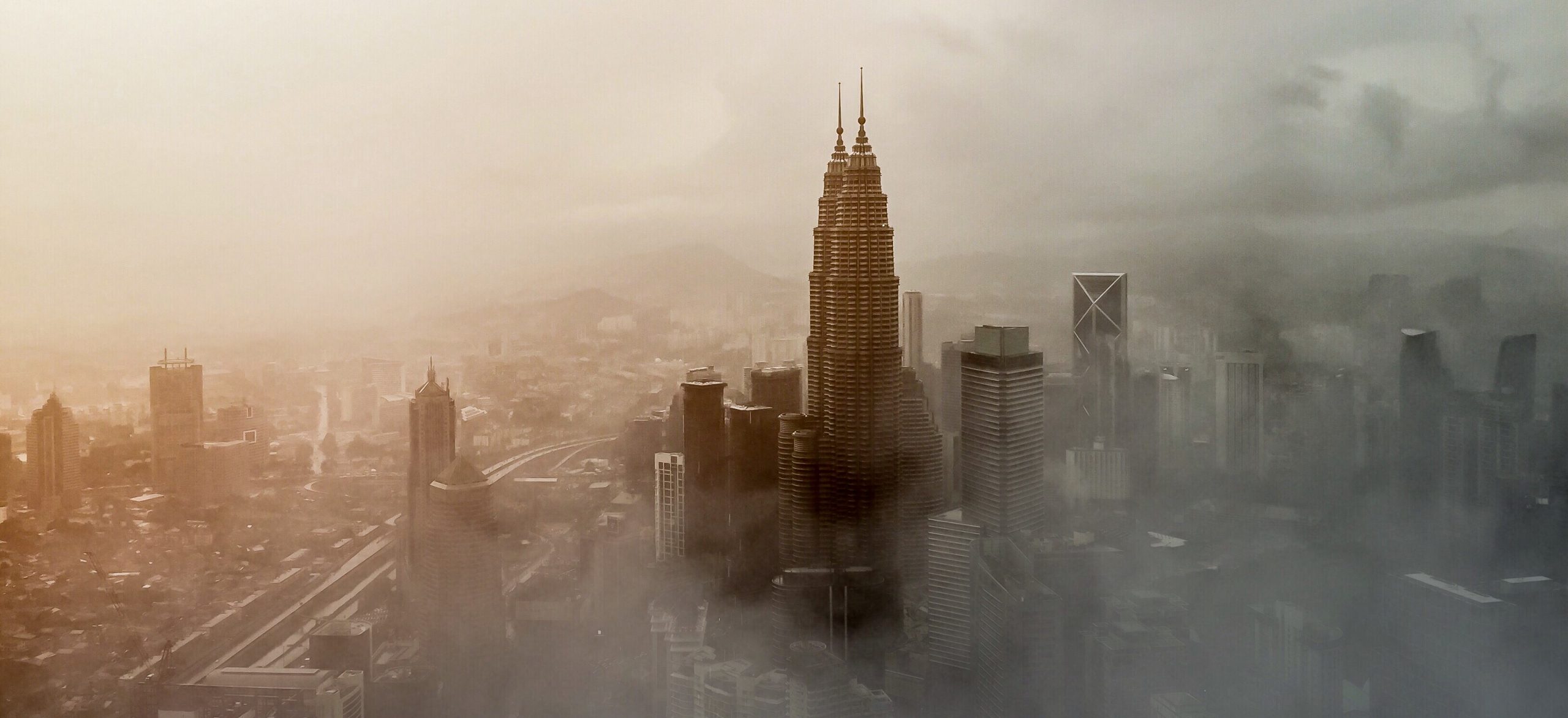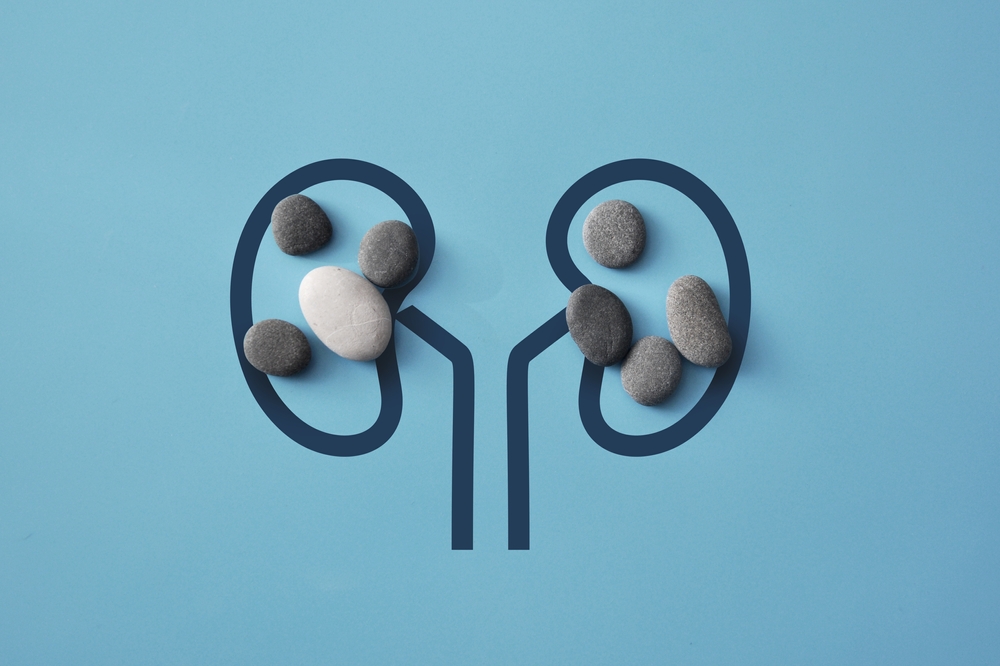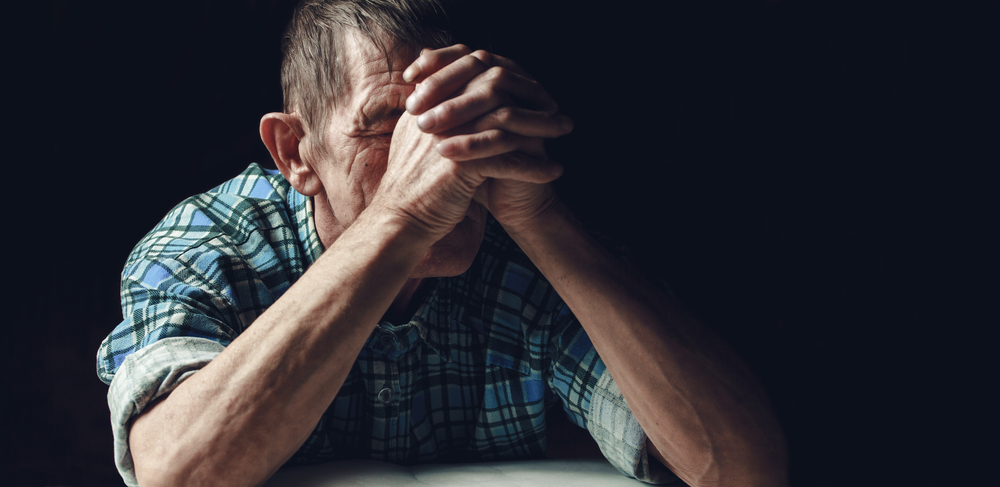WORDS LIM TECK CHOON
 FEATURED EXPERT FEATURED EXPERTDR KOW KEN SIONG Respiratory, Internal Medicine, and Interventional Pulmonology Consultant Sunway Medical Centre |
WHAT, THE HAZE IS BACK?
- The API readings for September 2023 showed alarming levels of fine particulate matter.
- Experts predicted that the haze would persist until October.
- Dry and monsoon seasons will further increase the risk of forest fires and haze during this period.
WHY SHOULD YOU BE CONCERNED?
Dr Kow Ken Siong tells us: “Fine particulate matters in the haze less than 2.5 microns in diameter, though often short-term, can leave a lasting impact, especially when inhaled.”
- Short-term exposure can result in acute bronchitis symptoms like cough, phlegm, chest tightness, breathlessness, and lethargy.
- Long term or chronic exposure can lead to respiratory diseases like asthma, chronic obstructive pulmonary disease (COPD), pneumonia, and lung cancer.
- Air pollution, including haze, is linked to premature deaths, infections and various diseases, with chronic respiratory illnesses ranked the third-leading cause of death globally in 2019.
- In Malaysia, nearly 20% of hospitalizations in government hospitals and over 12% in private hospitals are due to the abovementioned respiratory diseases!
He adds that:
- Vulnerable groups such as children, the elderly, and those with pre-existing conditions (such as asthma and cardiovascular diseases) face higher risks of worsening pre-existing chronic lung conditions, increased the risk of lung cancer, and frequent bronchitis episodes.
- Individuals without prior health issues may develop upper respiratory symptoms and become more susceptible to viral infections.
DR KOW’S TIPS TO PROTECT YOURSELF AGAINST THE HAZE
- Staying indoors as much as possible, especially in areas where the air pollution index is unhealthy.
- Keep doors and windows closed to prevent indoor air pollution.
- Use high-quality air purifiers with high efficiency particulate air (HEPA) filters, especially when natural ventilation is limited.
- Use N95 masks for prolonged outdoor exposure, to filter out potentially harmful fine particulate matter that may be harmful.
- Stay hydrated throughout the day.
- Stay informed and seek medical advice. Monitor air quality through official sources, limit outdoor activities during the haze, and seek professional medical advice if experiencing lung or heart symptoms.
- Self-medication, particularly with inhalers, is discouraged as it may lead to unwanted side effects.







